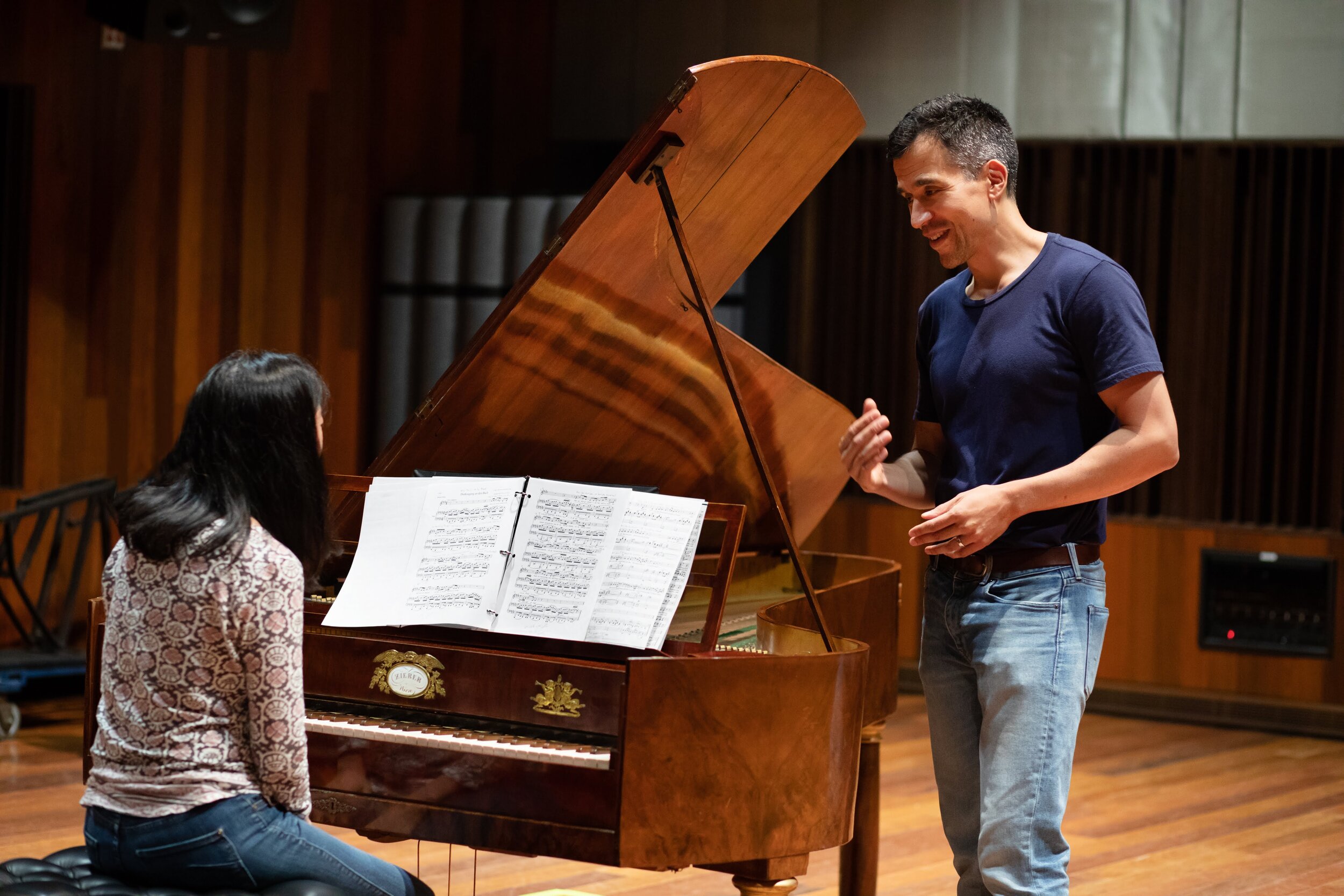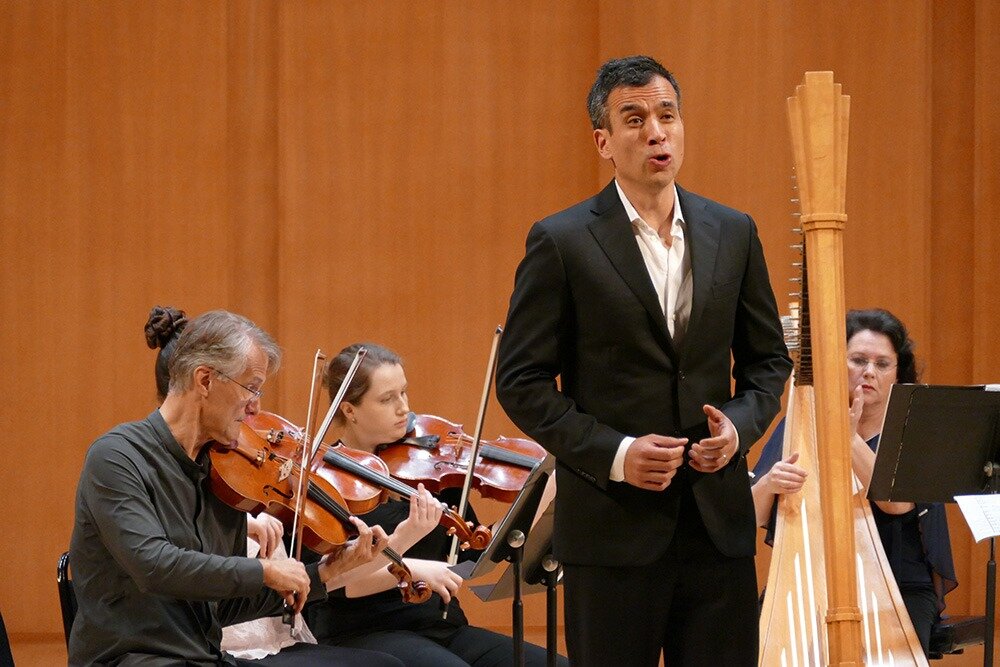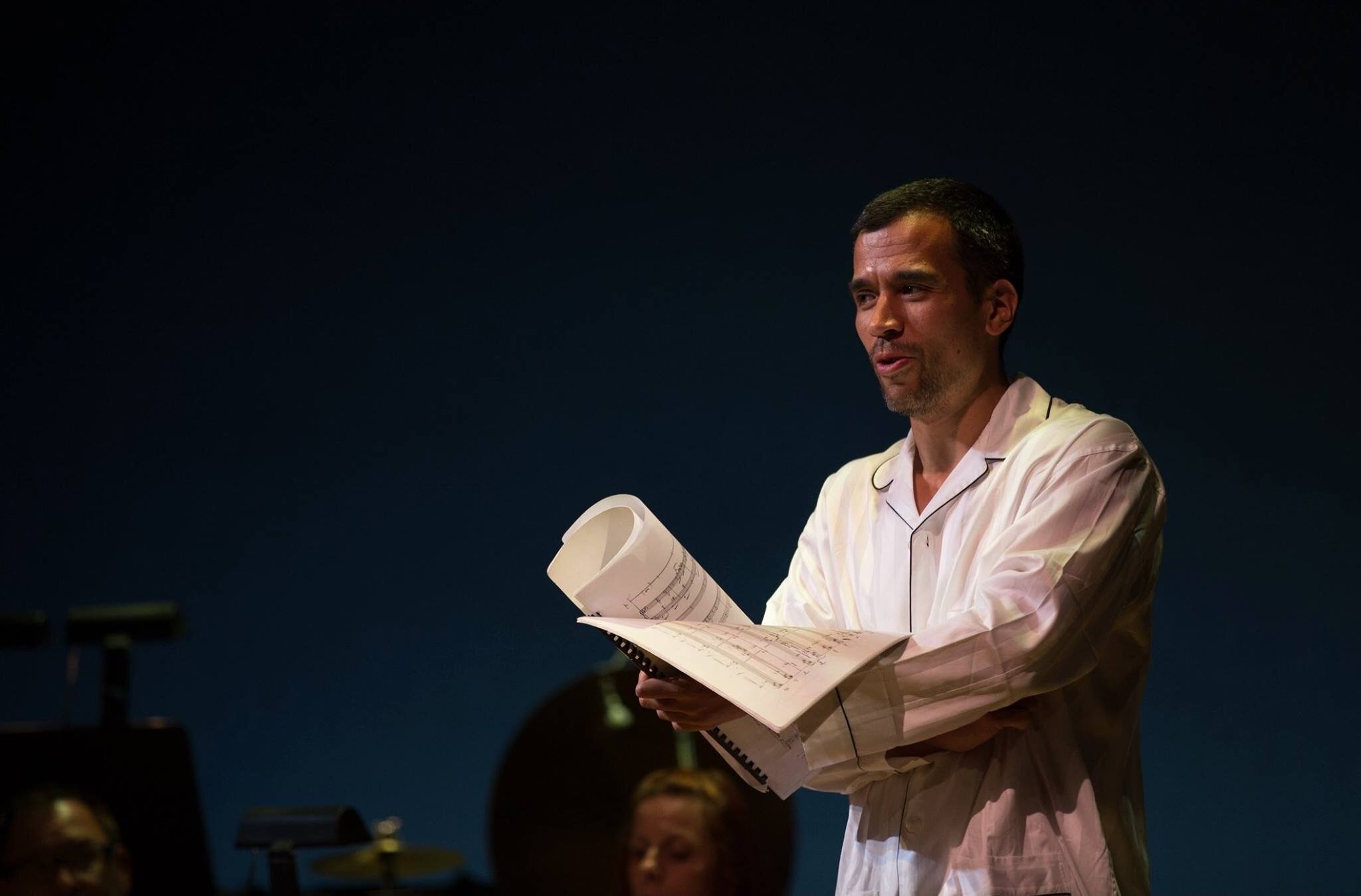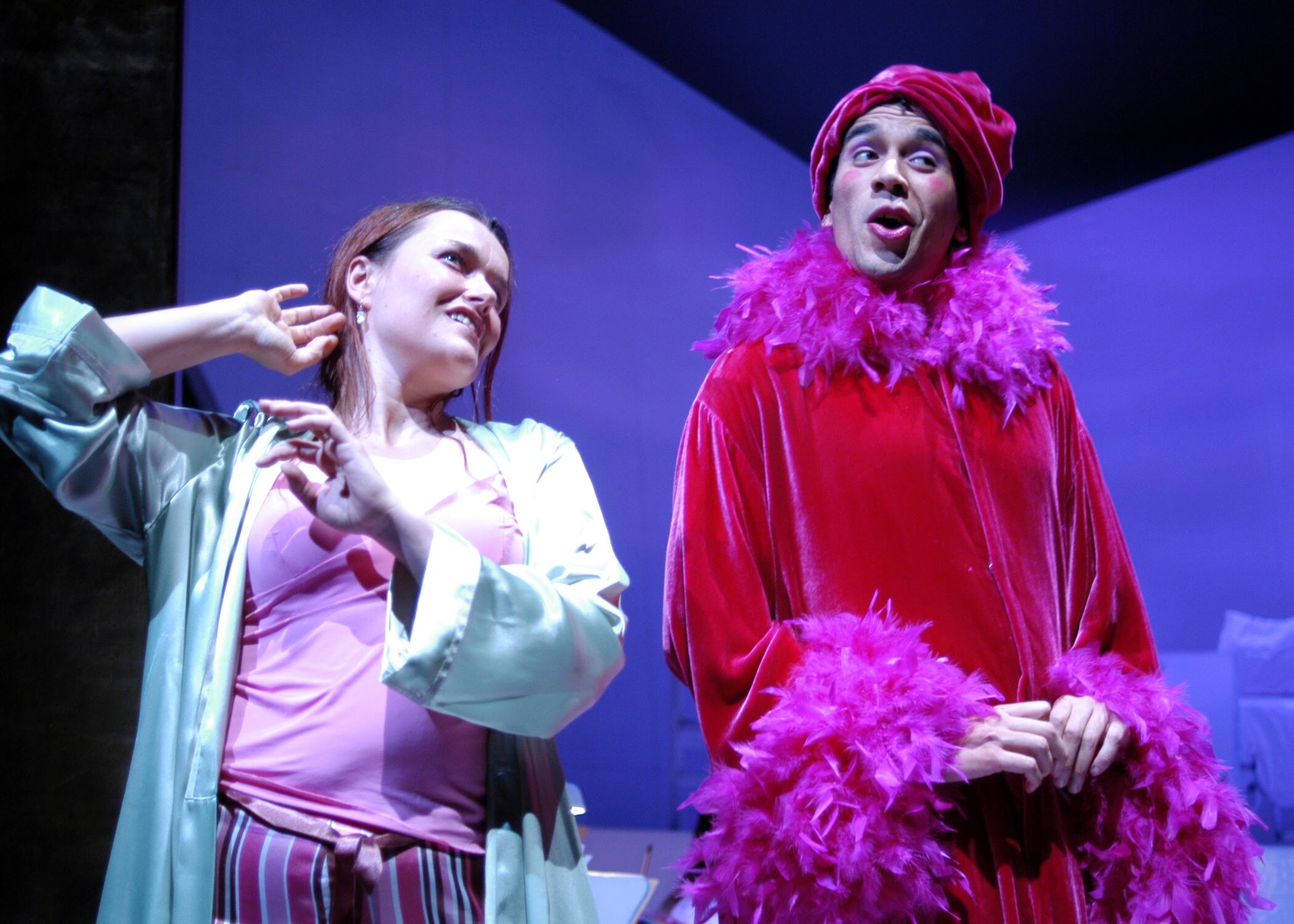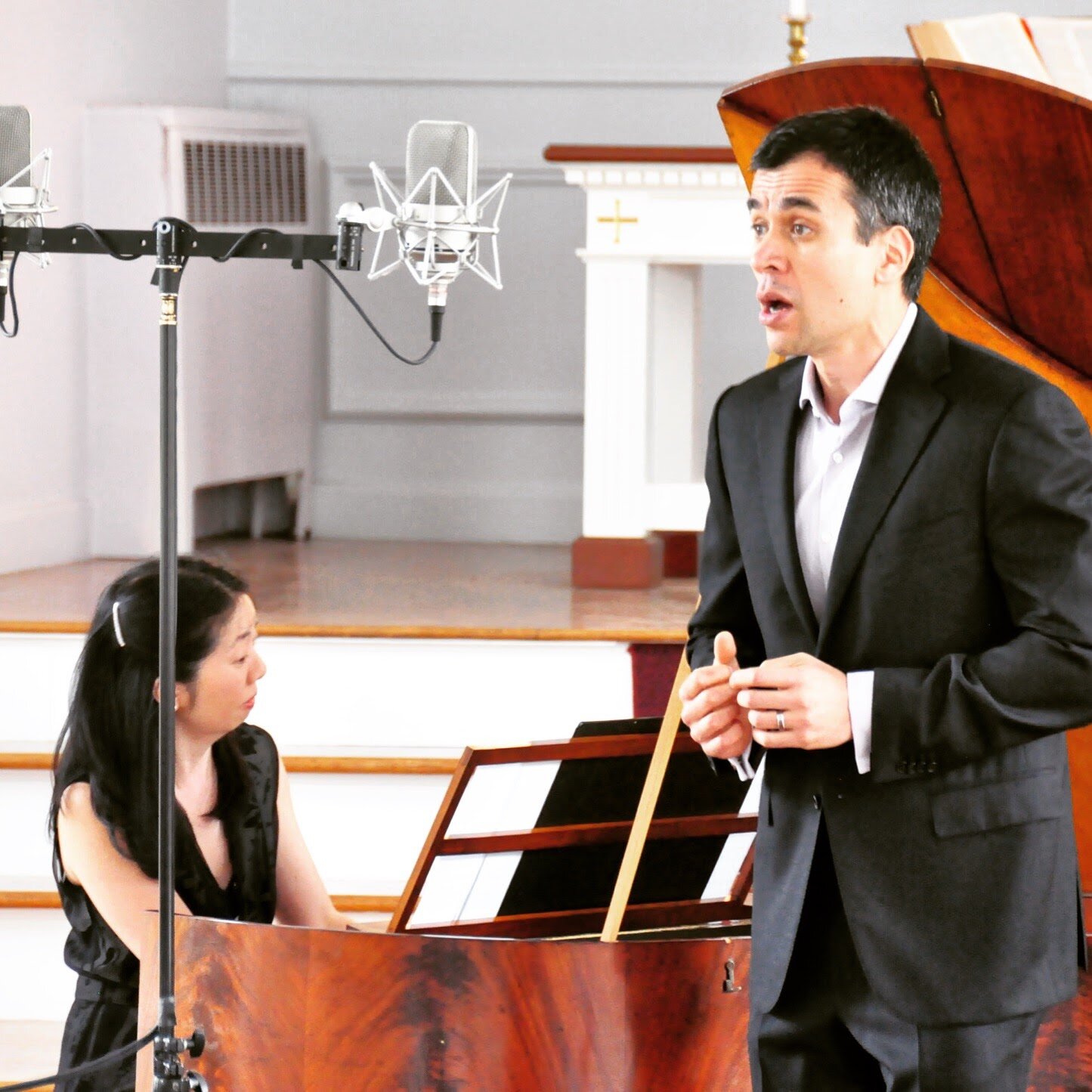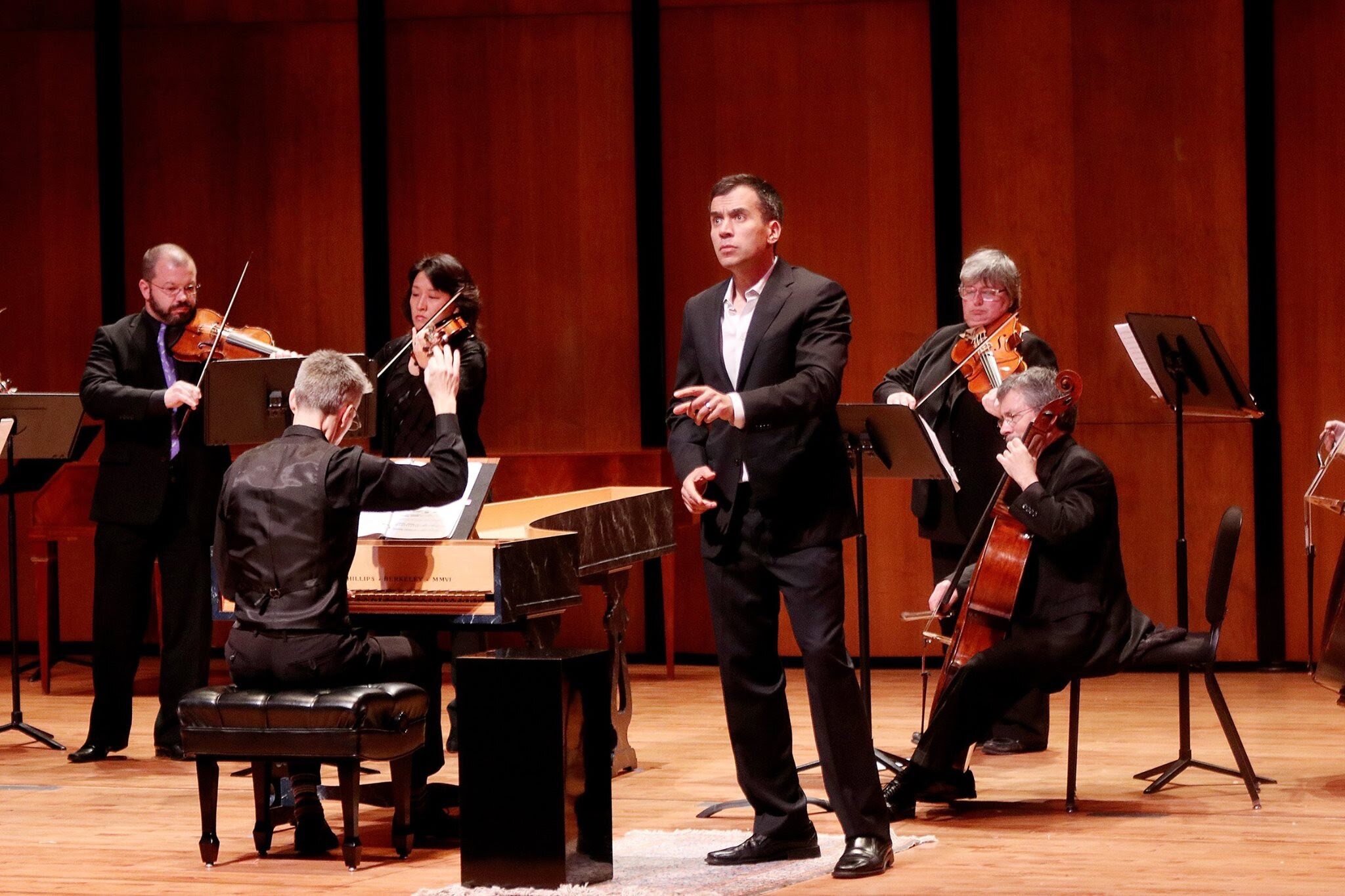"Sublime is the first word that comes to mind."
--The New York Times
"an immaculate and inventive recitalist...the young American baritone has become a critic's darling for his mellifluous voice and sterling diction."
--The New Yorker
"to be able to bring [Eight Songs for a Mad King] to life as potently and compassionately as Meglioranza did is a significant artistic accomplishment."
—The Arts Fuse
"He is a singer of forthright clarity, his voice powerful and resonant. Was it art or entertainment? By the end of the evening, marked by Meglioranza's earnest, compelling artistry, it hardly mattered."
--The Boston Globe
"The unfussy beauty of his voice - his upper range suggests the tone of the great Gerard Souzay - makes him a phone-book baritone able to make the thinnest repertoire alluring. Few recitalists are so at home onstage with a physical freedom to thoroughly characterize the song without fear of possible embarrassment. I'd trust him in any program in which he trusts himself."
--The Philadelphia Inquirer
"Slim and athletic, with saturnine features, Thomas Meglioranza took on Giovanni with a dark, masculine timbre. Even Aspen's notorious altitude and the physical demands of the role didn't faze the singer."
--Opera News
"as Prior Walter [in Eötvös' Angels in America], afraid of death and eager to live, Thomas Meglioranza was immensely touching, and even suggested Prior's mordant, all-seeing wit."
--The Boston Globe
"one of America's finest young baritones"
--New York Newsday
"Mr. Babbitt's world demands esoteric performing skills. Conservatory solfege was, I suspect, of little use to the baritone Thomas Meglioranza's stunning negotiation of Two Sonnets. One's jaw dropped."
--The New York Times
